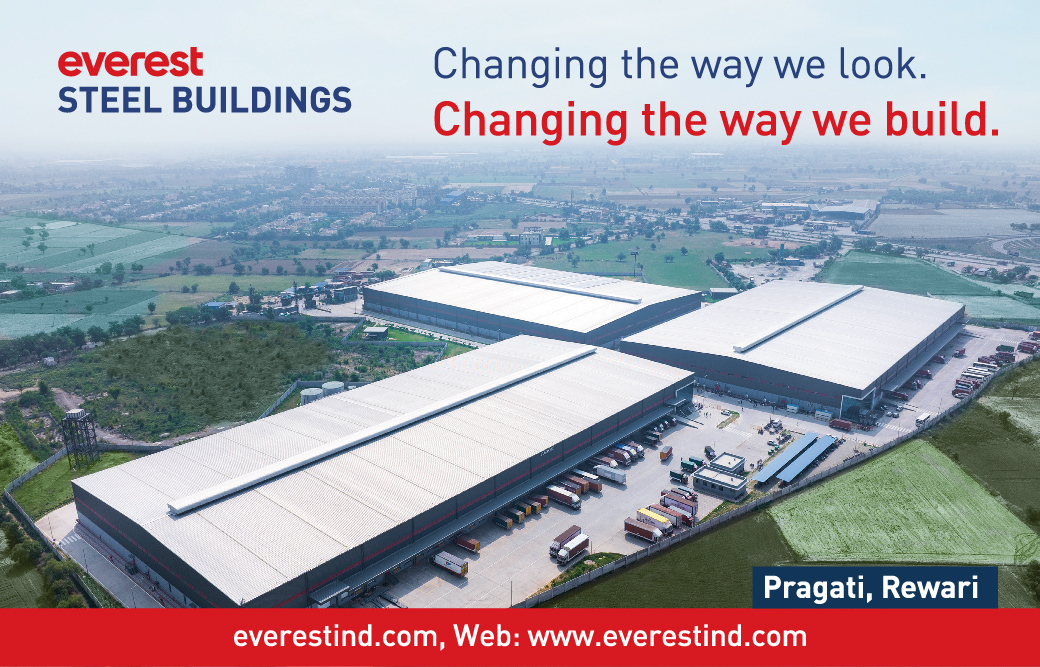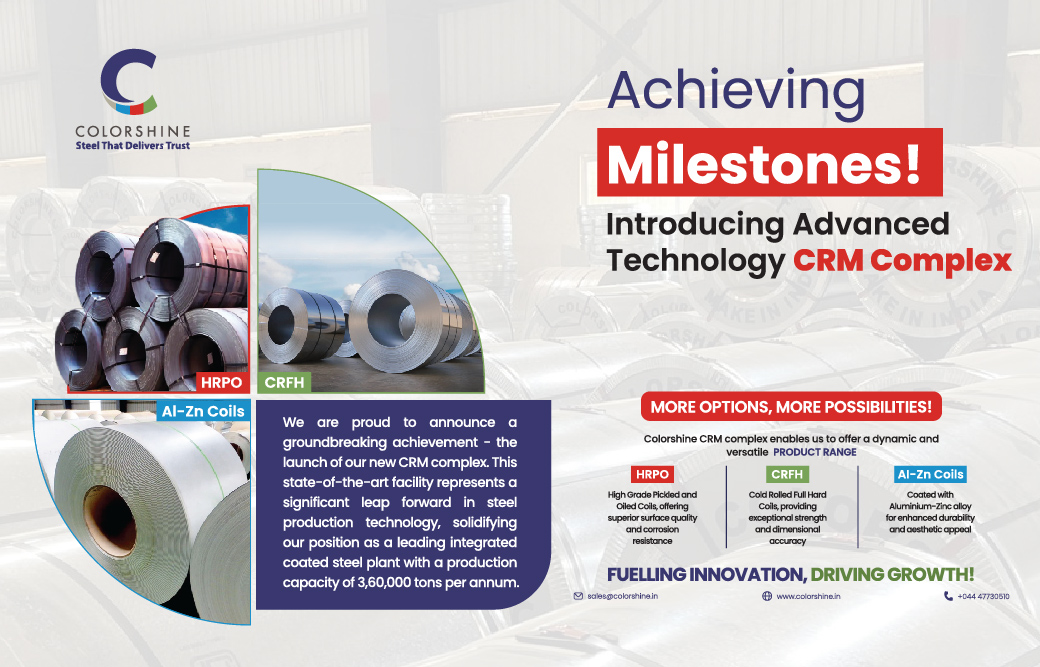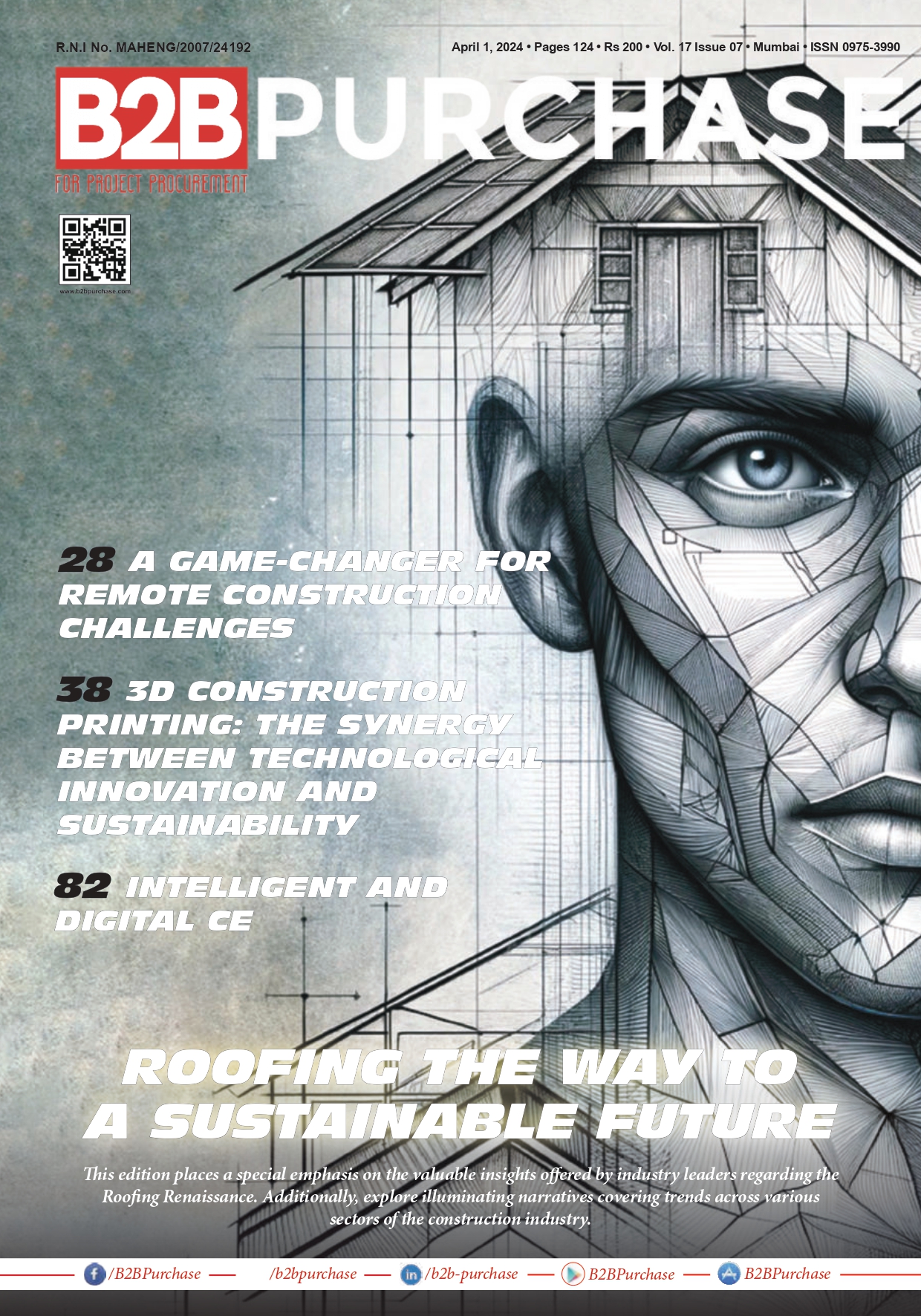Powder coating process:
Powder coating is an advanced method of applying a decorative and protective finish to a wide range of materials and products that are used by both industries and consumers. The powder used for the process is a mixture of finely ground particles of pigment and resin, which is sprayed onto a surface to be coated by corona or tribo charging technique. The charged powder particles adhere to the electrically grounded surfaces until heated and fused into a smooth coating in a curing oven. The result is a uniform, durable, high-quality, and attractive finish.
There are different technologies available for cleaners which are powdered and liquid cleaners. There are acid cleaners that may be best for inorganic (metallic) soils. Alkaline cleaners are often recommended for organic soils. Neutral cleaners may be used to remove soils on substrates that react with strong acids or alkalise.
If powder is stored in a non-air-conditioned environment and the ambient air humidity in the storage area exceeds 60 per cent, the powder particles can accumulate moisture on their surfaces. This moisture will affect the resistivity of powder particles and their ability to retain charge for a long period of time. If the charge bleeds off the powder-coating layer before it is cured, the electrostatic attraction between the powder particles and metal substrate weakens and the particles can fall off the part. This may result in poor electrostatic attraction of the powder particles on the top layer of coating. This problem can occur if powder coating layer thickness exceeds 125 to 150 micron.
Why is pre-treatment required for powder coatings?
Powder coatings can provide improved performance over liquids when applied to a properly pre-treated part. Solvent-borne paints are usually more forgiving of organic soils left on the work piece by sub-par cleaning. Iron phosphate is the most frequently encountered pre-treatment used with powder coatings. However, if the highest level of performance is required, zinc phosphate will work admirably with powder as well. Proper prior preparation prevents poor power performance.
Difficulties in coating:
Difficulty experienced when coating recessed areas is commonly called “Faraday cage effect”. It is due to the fact that an electric field always goes to the nearest grounded surface & is strongest around sharp edges. Electric field from the gun concentrates on the edges of a recess & does not penetrate into deep corners, compromising powder deposition in those areas.
When virgin powder is applied, the larger particles more readily stick to the part. This leaves the over sprayed powder with a lower average particle size. Eventually, the reclaimed material will be nearly unmanageable in both fluidization and application.
Successful coating of Faraday areas:
• Powder has to be well charged.
• Airflow must be sufficient to deliver the powder inside a recess but not excessive to preclude powder deposition.
• The external electric field must be controlled to reduce the “push” for powder particles to deposit on the edges of a Faraday cage.
How long can powder be stored?
Powder storage for many months is often normal practice. Ideally, powder should be stored in the optimum conditions of less than 25 C and approximately 50 – 60 per cent relative humidity. Under these conditions most powder should be readily usable for at least a six month from date of manufacturing. Avoid placing powder inventory in close proximity to any heat source such as an oven, washer, furnace, space heater, etc. Do not stack packages that are broken or collapsed.
Difference between oven cycle time & dwell time:
The oven cycle time is comprised of the bring-up time plus the dwell time for a proper powder cure. The bring-up time is the time required to attain the desired substrate cure temperature of the part. The dwell time is the time required to hold the substrate at cure temperature. These times and temperatures are available from the cure schedule for the powder coating.
Contact
Pradeep Vaidya, CEO,
Innovative Coating Industries,
MIDC, PuneThane: B-7 / 701, Vedant Complex,
Vartak Nagar Naka, Thane (West) – 400 606
Mobile: +91-9820181738Email:
puvpromtech@gmail.com
Sonia Vaidya,
Tech Mktg Executive, Thane
Tele: +91-22-25883265, 9819813015
Email: soniavaidya30@gmail.com
Cookie Consent
We use cookies to personalize your experience. By continuing to visit this website you agree to our Terms & Conditions, Privacy Policy and Cookie Policy.

















